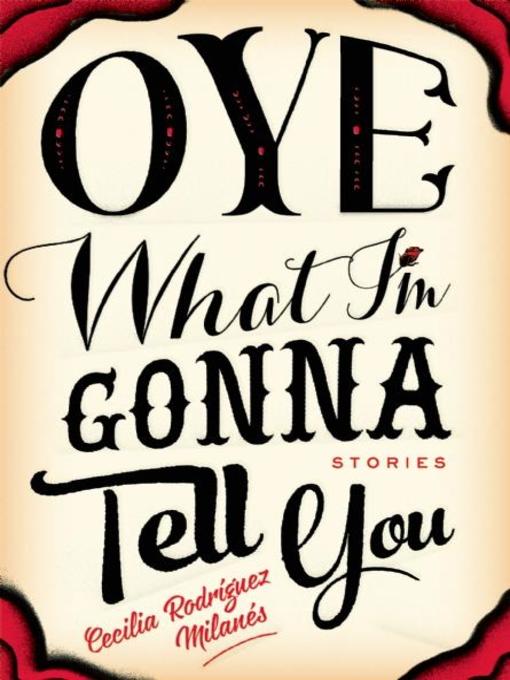
Oye What I'm Gonna Tell You
فرمت کتاب
ebook
تاریخ انتشار
2015
نویسنده
Cecilia Rodríguez Milanésناشر
IG Publishingشابک
9781632460080
کتاب های مرتبط
- اطلاعات
- نقد و بررسی
- دیدگاه کاربران
نقد و بررسی

February 15, 2015
Cuban-Americans grapple with the beauty, boundaries and nuances of their cultural heritage in this irregular, multifaceted new collection from Rodriguez Milanes (Literature and Writing/Univ. of Central Florida; Marielitos, Balseros and Other Exiles, 2009, etc.).These characters' lives all intersect with Cuba-whether they have immigrated to it, been exiled from it, never known it, or lived and died within its shores. And, given current events, there may be no better time in recent memory for this chorus of voices to resound. Here, tradition collides with modern ideals on and off the island, and all of them implore all of the others to listen to what they have to say. In the opening story, "Ninas de Casa," girls are undone by the men around them, and one young woman develops a ferocious resolution to do right by their memories. (The theme of men and women being haunted by machismo's innocuous and terrifying iterations appears throughout.) An aging mother laments her grown children's choices and longs to give homes-and second chances-to kids who have been stranded at the U.S.-Mexico border ("Poor and Unhappy"). A gay man tries to explain to his sister that his niece's boyfriend might be gay as well ("Who Knows Best"). A teenager leaves Florida to visit her summer fling in the frozen New Jersey winter ("Big Difference"). A tough-talking girl invites her Haitian boyfriend to Thanksgiving dinner with her family, with heartbreaking results ("The Law of Progress"). The characters are in turn trapped beneath the details of their identities-Cuban, American, male, female, straight, queer, old-fashioned, forward-thinking, religious or not-and uplifted by them. The stories that don't work fall flat and seem uncertain of their own purpose. The stories that do work, however, are high-wire balancing acts, a blend of sorrow, wit and loveliness, and the kind of real that catches in a reader's throat. Uneven at times, but when it sparks, it catches fire.

April 15, 2015
This collection of stories by the author of Marielitos, Balseros and Other Exiles (2009) features Cubans who stayed in Cuba before and after the Revolution or who left the country but did not stop at Miami. Many of the stories will challenge readers' assumptions about those who stayed or left the island shaped like a crocodile, hopeful for a better life. In The Law of Progress, a fourth-generation Cuban brings her Haitian boyfriend home, creating a very interesting (not to say disastrous) Thanksgiving dinner. El Chino and La Rubia introduces Lei, who travels to join his uncle's family in Regla and marries a beautiful, blonde Cuban woman. A very modern story, Love and Punishment at the County Court's Office, is narrated by a woman who goes to pay a bill and finds much to look at and appreciate, such as an old man who's not quite as clueless as he would like people to believe and a beautiful baby whose calm touches her. Milanes' respect for Cuban history, experience, and culture will provide readers with an interesting and informative read.(Reprinted with permission of Booklist, copyright 2015, American Library Association.)

























دیدگاه کاربران